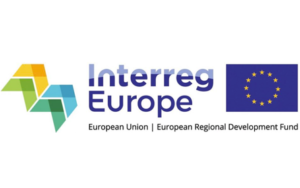FEEL
Frugal cities through Energy Efficiency and Low-tech communities

How can you do more with less?
European public authorities have to meet increasing demands, but with less money. Thinking bigger, the problem is also about humankind’s use of resources, and the commitment of EU Member States to reduce carbon emissions. More is not always better, and we need to create the infrastructures and systems that will allow people to live good lives, within the planet’s environmental limits.
Can we do this?
Yes, we can. The most daring cities have understood that this energy constraint can be a tremendous opportunity to reinvent themselves by relying on another vision of the city of tomorrow.
The FRUGAL CITY finds ways to organize neighbourhoods, urban technical systems, buildings and their interactions will be based on two distinct cross-cutting approaches in this project:
SUFFICIENCY. Low tech is at the heart of “frugal” innovation: it’s about meeting needs in ultra-simple ways. A sufficient technology will meet needs using the least sophisticated and least expensive solutions possible, without altering the quality of the end result. The eco-design of urban services, infrastructures and buildings is at the heart of this approach.
COOPERATION. Acting individually will not be enough. One good way forward is to increase the collective benefit, through cooperation between elected officials, entrepreneurs and citizens.
FEEL will test and develop sufficiency and cooperation approaches in 8 European cities and regions. Project-partners will apply the principles of frugality in schemes to renovate older housing & engaging their communities.
They will cooperate over these two challenges:
- Developing the frugal approach: ultra-simple solutions, sufficiency and community engagement
- Transitioning to the frugal city: business model; public acceptance and adoption
Each project-partner will already be moving down this path, but in different ways. Through FEEL they will improve their planning through interregional learning.

